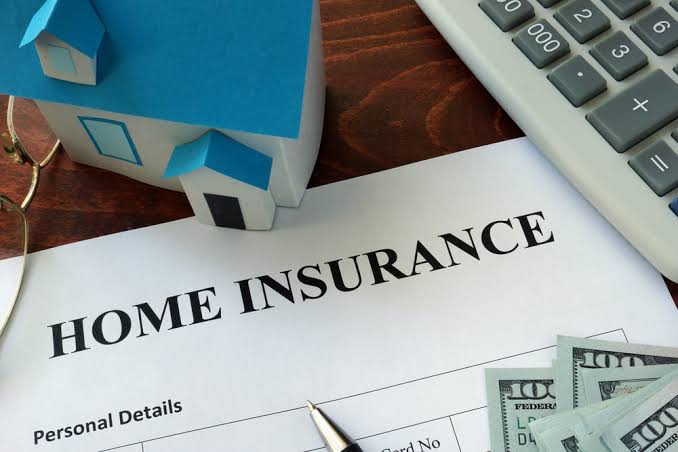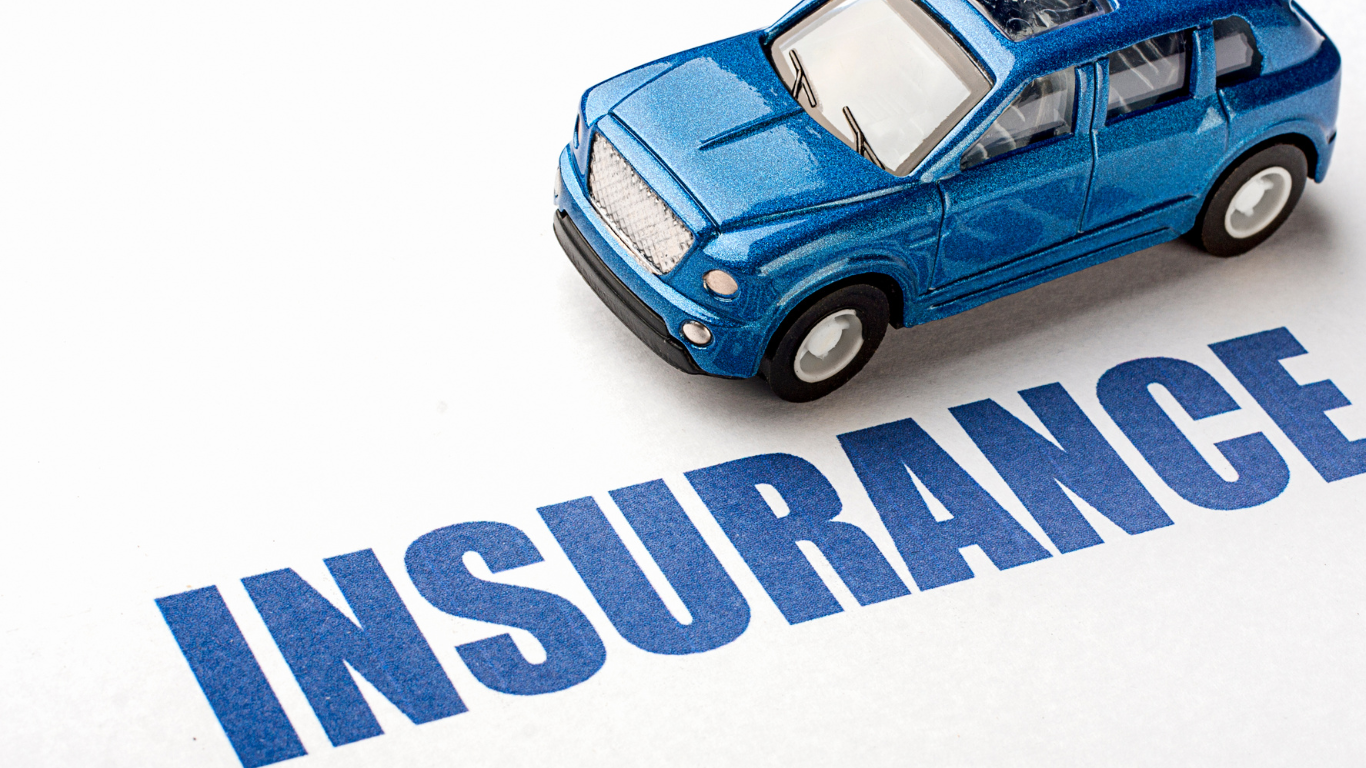Driving Without Insurance Penalties
Do You Know? According to a poll conducted in 2021 by the Insurance Research Council, little under one in eight drivers does not have auto insurance. It is a poor plan to sign up for membership in this club that is not very exclusive. Not only will you be liable to legal ramifications, such as fines and maybe even prison time, but you will also be subject to the sanctions imposed by your insurance provider. And if you drive without automobile insurance and you cause an accident that results in injuries or property damage, the financial penalties may be significant.
Because “financial responsibility” rules exist in every state in some form, if you are driving someone else’s car with insurance or someone else is driving your car and causes an accident, you are obligated to have a system to pay for the damages. Filing a bond with the state that may cost up to $50,000 is one option, albeit an impractical one, to demonstrating your ability to manage your financial commitments.
Buying vehicle insurance, on the other hand, is the simplest and least expensive way to meet the requirement for financial responsibility. This article is meant to help you understand everything there is to know about driving without insurance.
Is it illegal to drive without insurance?
Yes, It is true that driving without insurance is illegal in the majority of states. Nonetheless, there are a few states that give you with the option to be self-insured.
To qualify for self-insurance, you must either make a cash deposit or post a surety bond with your state’s treasury. This number is frequently similar to the state’s individual responsibility limitations, which can range from tens of thousands to hundreds of thousands of dollars. As a result of this, self-insurance is not an option that can be taken by the majority of common people.
If you are driving a car and cannot show proof of insurance or a bond that has been posted with the state, you are breaking the law. The only regions exempt from this law are New Hampshire and some areas of Alaska considered to be more remote. Nonetheless, even these states have the right to mandate drivers to obtain auto insurance if they have caused accidents or have been convicted of significant offences such as driving while intoxicated or hitting and fleeing.
Nevertheless, the motorist who was at fault is always liable for any damages that they cause.
Is car insurance required? It is illegal to operate an automobile without sufficient insurance in 49 of the 50 states and the District of Columbia. Unless you are a citizen of New Hampshire, the law requires you to get auto insurance for any vehicle that is registered in your name, regardless of where you live. Even if you don’t own a car but drive one, you must obtain insurance or be added to the policy of the person whose car you are driving.
If you are determined to be at fault in a New Hampshire car accident, you must present proof that you are financially accountable for any injuries or damages that occur. Notwithstanding this, it is still advised that New Hampshire drivers have at least some amount of liability insurance.
Since this is a requirement of every state for drivers with auto insurance, your insurer will make sure you have at least the minimum level of coverage required by the law.
You are obliged to carry the following cover ages, with the exception of bodily injury liability cover age if you live in Florida, which exempts the state from this requirement.
• Bodily Injury Liability: If you cause a collision, your bodily injury liability insurance will cover the medical costs of those in the other vehicle. Depending on where you live, it might cost anywhere from $10,000 to $50,000 per person and $20,000 to $100,000 each accident.
• Property Damage Liability: When you are at fault in an accident, your property damage liability policy will pay for repairs to the other car or any personal property that was damaged. The cost could range from $10,000 to $25,000.
Verify the particular requirements for your state before acquiring insurance, since medical payments coverage and personal injury protection coverage may both be required in some states and jurisdictions prior to purchasing insurance. If you are involved in an accident, they will pay for your own medical expenses.
Uninsured and underinsured motorist cover may also be required in some jurisdictions. You should also bear in mind that the legally required cover ages indicate the bare minimum of auto insurance required by your state; you may want to consider covering age in addition to the minimum depending on your vehicle, finances, and driving habits.
What happens if you get pulled over while driving without insurance?
Even if it’s your first offense, being pulled over while driving without insurance almost always results in a ticket with accompanying repercussions, even if it’s your first offense.
In some states, such as Massachusetts, New Jersey, West Virginia, and Hawaii, the maximum fine for driving a car without insurance is $5,000. If you drive without auto insurance, even if it’s your first offense, your driver’s license may be suspended in some states.
Your driving privileges might be reinstated when a specified length of time has passed after you have presented evidence that you are covered by insurance, or after you have lodged form SR-22 with the state.
The hardest thing will be if you get caught driving without a license too. There is also the chance that your car will be seized, in which case you will not be able to return it until you have paid the accompanying fine and provided proof that you are covered by insurance.
Can I avoid purchasing auto insurance if I rarely drive my car?
It is likely that those who own a car that is rarely used will be tempted to terminate their auto insurance cover age. On the other side, there are a lot of arguments against doing this. To begin, if you decide to go ahead and continue your insurance coverage after a break in coverage, you will be liable to a higher rate. Second, no matter where you park your automobile, there is always the risk of a liability issue.
You can take advantage of continuous cover age with automobile storage cover age and still be somewhat protected. As a result, it is a better alternate option. Keep in mind, however, that in order to qualify for this cover age, the majority of insurers impose severe requirements that must be met.
What Are the Repercussions of Driving Without Insurance?
Driving without insurance has a variety of consequences, ranging from a fine to prison time.
Driving without insurance in Pennsylvania, for example, leads in a $300 fine, a three-month suspension of your car registration and driver’s license, and a $50 restoration fee for each. Some states have stricter penalties than others, such as Wyoming, where driving without insurance can result in a $750 fine and up to six months in jail.
If you were involved in an accident while driving without insurance, as opposed to a traffic stop, the consequences could be more severe. Driving without insurance typically has the following potential consequences:
• Suspension of License
In addition to obtaining a citation and a fee for driving without insurance, your license may be suspended, particularly if this is not your first offense.
The length of this suspension varies by state; some suspensions may end as soon as you present proof of insurance, while others may expire after a specific period of time.
To reinstate your suspended license, you will often need to provide an SR-22 or FR-44 document as proof of insurance.
• Registration loss
Your license and registration will be revoked if you are involved in an accident without insurance. Uninsured drivers risk having their vehicles impounded. Before you may drive your automobile again, several states require you to file an SR-22 or FR-44 as proof of insurance.
• Jail Time In most states, driving without insurance is a crime that can carry a jail sentence.
For a first offense, jail time is unlikely to be imposed unless a serious accident occurs. Repeat offenders, on the other hand, may face higher fines and worse penalties, including prison time.
If you are caught driving without insurance, you could face a few days to two weeks in jail. In some states, such as Michigan, the maximum term is one year in prison.
The penalties imposed by your state’s legislation are harsh. When all fines are considered, they might range from $150 to $5,000 for a first offense.
Yet, the cost of being involved in an accident while uninsured may be significantly bigger, possibly forcing you into debt or bankruptcy.
A collision can easily cost tens or hundreds of thousands of dollars in repairs and medical charges if the other driver does not have uninsured motorist insurance, personal injury protection, or collision insurance. If you are found to be at fault, you will be liable for the majority of these expenses. The other driver may sue you and confiscate any future earnings or savings you have to cover their medical costs.
If you do not learn your lesson the first time, the legal consequences may get more severe. In general, second and subsequent offenses result in severe penalties, such as heavy fines and an increased likelihood of prison time.
Driving Without Car Insurance: Consequences
The following are some potential insurance repercussions: Why Higher vehicle insurance premiums: Using a car without insurance creates a “cover age gap.” Insurers view drivers with lapses in cover age as a higher risk to insure, resulting in higher premiums.
• Auto repair costs: If you cause a car collision without insurance, you will not be covered for auto repair costs for your vehicle or the other driver’s vehicle. If the accident ends in a wrecked car, you might be personally liable for substantial expenses. Furthermore, if you cause damage to someone else’s property, such as a fence, you will be liable for the repair costs.
• Medical expenses: If you cause an accident that results in injuries, you may be held liable for the associated medical costs. According to the most recent National Association of Insurance Commissioners survey, the average cost of a bodily injury claim in 2017 was $20,453. If you are unable to pay, you may be arrested, placing your goods, money, and residence in danger.
What are the Consequences of Being in an Accident While Uninsured?
If you don’t have vehicle insurance or if your policy has expired, driving someone else’s car without insurance and getting into an accident might be disastrous not only for you but also for the other driver, especially if they don’t have uninsured motorist coverage. If you don’t have insurance, you should get it as quickly as possible.
The expense of restoring property damage and paying medical bills as a result of a major accident can quickly exceed tens of thousands of dollars, and can potentially approach one million dollars if severe injuries are suffered. Furthermore, uninsured drivers who cause catastrophic injuries or deaths to other drivers face harsh penalties, required SR-22 insurance, and perhaps jail time.
When you are the one to blame
Even if this is your first run-in with the law, if you cause an accident while driving without insurance and are found to be at fault, your insurance carrier will almost certainly identify you as a high-risk driver.
If you cause an accident and do not have insurance, the other driver’s insurance company will most likely sue you for physical injury or property damage (often both) in the thousands of dollars, depending on the severity of the incidence. Not only have that, but the legal penalties for drivers who cause physical harm to others while uninsured climbed dramatically in some states. This violation might stay on your driving record for years, affecting your ability to obtain auto insurance.
When you are not-at-fault
This varies based on the state and conditions. If you are uninsured and involved in an accident, the amount of compensation you are eligible to receive may be limited under the “no pay, no play” policy that is in existence in some jurisdictions. On the other side, if you are uninsured and engaged in an accident in Louisiana, regardless of who was at fault, you will not be eligible for any compensation.
If determining who was at fault is tough, having an insurance company on your side can help. On your behalf, a claims assessor or representative will negotiate with the other insurance company in order to seek cash to repair your car to the state it was in before the accident. If you do not have insurance after an accident, the entire financial burden will fall on your shoulders, and no one else will be able to assist you.
When you live in a state with a no-fault system.
Owing to no-fault laws in some places, every driver involved in a collision is expected to submit a claim for their own physical injury and/or property damage to their own insurance provider. This is the case even if the other driver was at fault for the crash.
Yet, if you don’t have insurance and get into an accident in a no-fault state, you won’t have an insurance company to turn to for aid, and you won’t be able to file a claim with the other driver’s insurance company even if you weren’t at fault. You would be liable for paying out of pocket for things like the repair or replacement of damaged property, medical fees, and more.
What can you do if you can’t afford insurance?
Depending on where you live and which insurance providers are accessible to you, the annual premium for auto insurance may be several thousand dollars. If you are unable to obtain vehicle insurance at a price you can afford, you should take the following steps to receive cover age at the most affordable costs feasible.
Compare policies from various agencies.
Compare auto insurance rates because the pricing supplied by different firms might vary substantially. The amount you pay with one provider may be significantly different from the amount you pay with another. Comparing the costs offered by several insurers is the most effective technique for obtaining cover at the lowest feasible cost.
Keep an eye out for deals.
Several companies will give you a discount if you are a good driver, bundle your insurance, or belong to a specific organization. When applying for auto insurance, check to see what discounts you are eligible for, and then compare the amount of savings offered by different insurance providers.
Sign up for a consumption-based insurance plan.
You may be able to find insurance that bases your premiums not on parts of your life over which you have no control, such as your age, but on characteristics of your driving behavior, such as how frequently and safely you drive.
Decrease the amount of cover you have.
Lowering the amount of cover age you have and raising your deductible (the amount of money you’ll have to pay upfront for specific cover ages) may help you save money on premiums, but it may also reduce the amount of protection you have.
Examine your state’s particular insurance programs.
Certain jurisdictions, including as California, offer low-income drivers access to specialized programs that reduce the cost of mandatory auto insurance cover age. Whether you are having trouble acquiring automotive insurance at a fair rate, you should get in touch with the DMV in your state to find out if your state has a program that is equivalent to this one.
FAQs (Frequently Asked Questions)
• Is driving without auto insurance a crime?
Driving without insurance is illegal in all jurisdictions where it is required. But, this does not mean that there will be no harsh penalties, such as prison time, if you are a repeat offender.
• Is it possible for my license to be suspended if I drive without vehicle insurance?
Yes. This is one of the penalties for driving without auto insurance.
What is the cost of a ticket for driving without insurance?
When all fines are considered, the penalty for a first violation may range from $150 to $5,000, depending on your state.
• Can I drive someone else’s automobile without insurance?
Assuming you have permission to drive the automobile, the owner’s insurance should cover injuries and property damage, although this depends on the specific terms of the policy. Both the driver and the owner may face fines if they operate a car without insurance.
• Can I get auto insurance without a driver’s license?
Technically, you can obtain auto insurance without a license by supplying the name and license number of the primary driver, but you cannot drive the vehicle.



